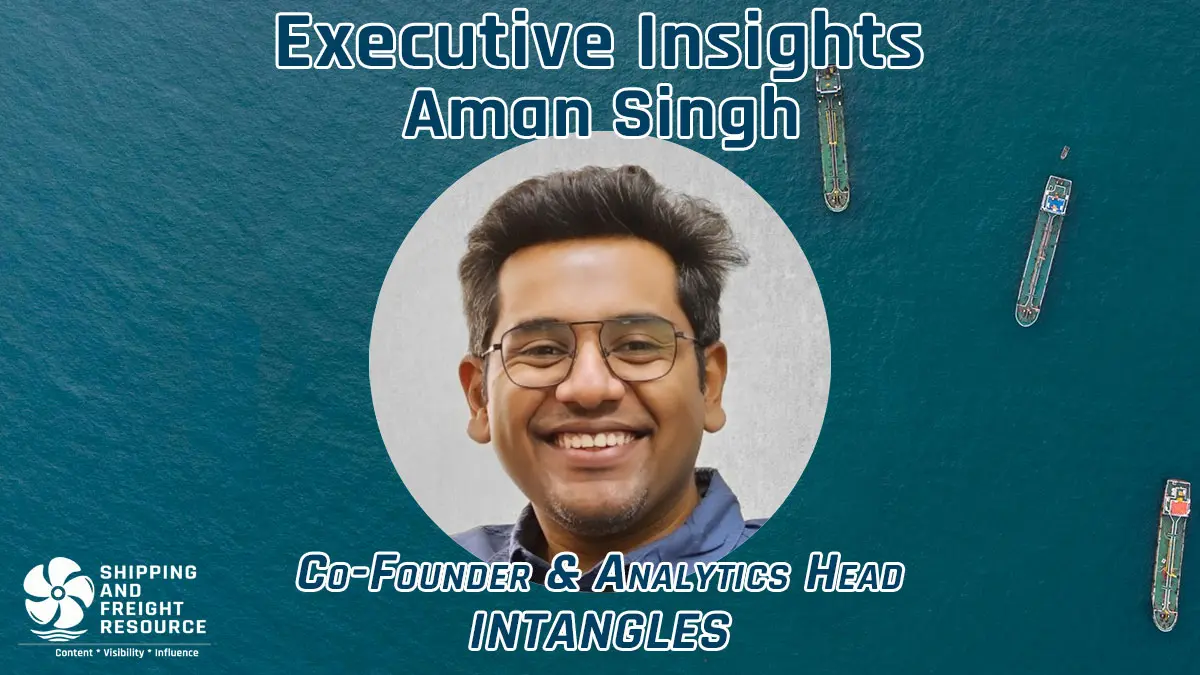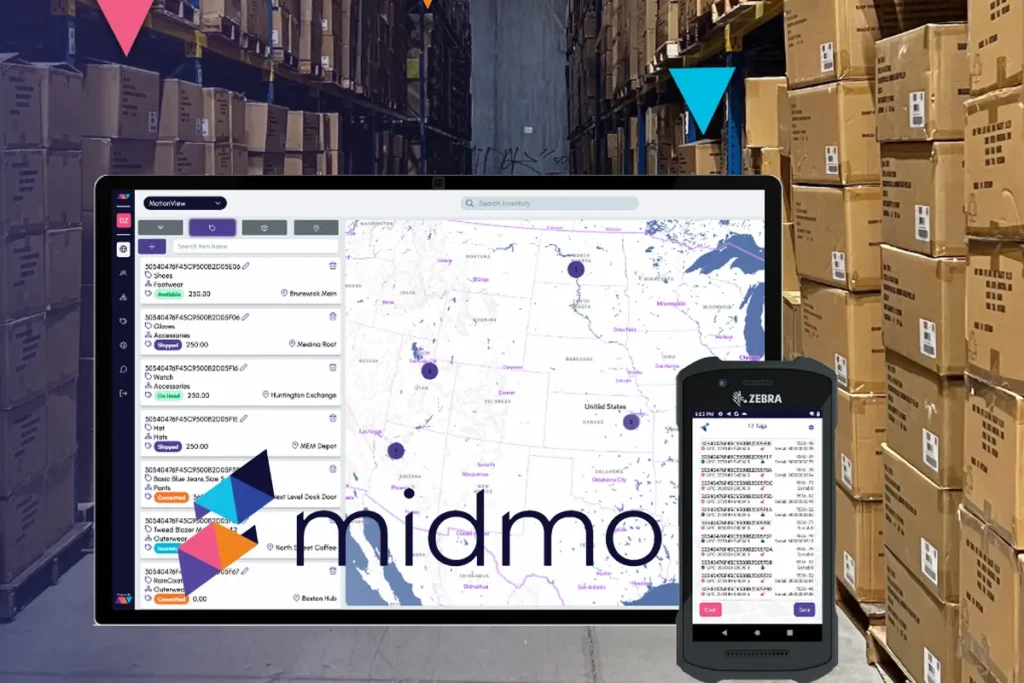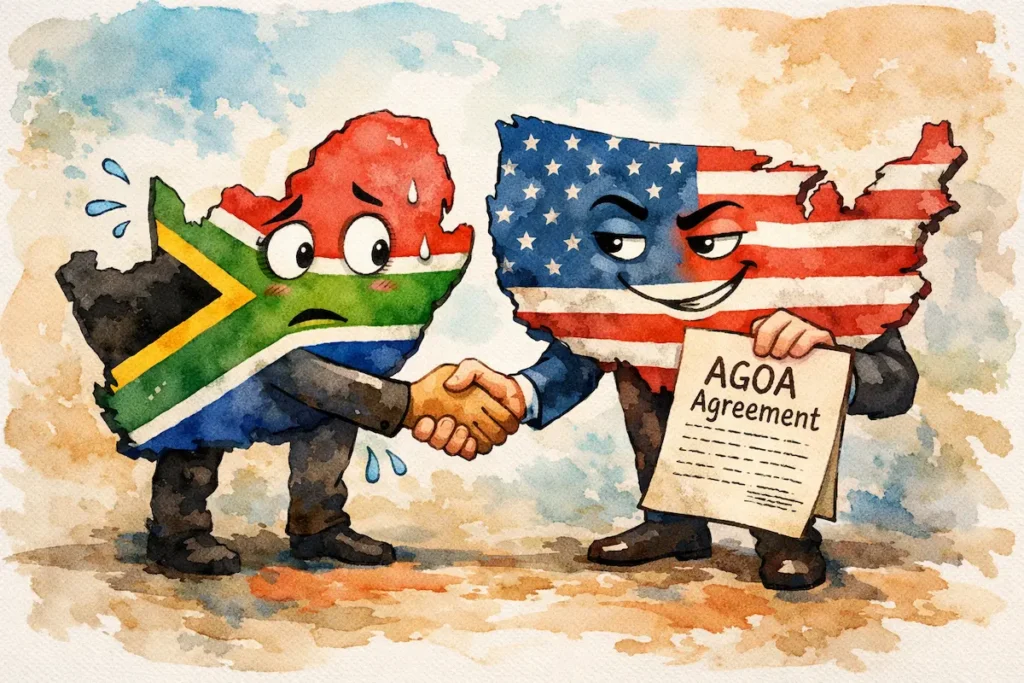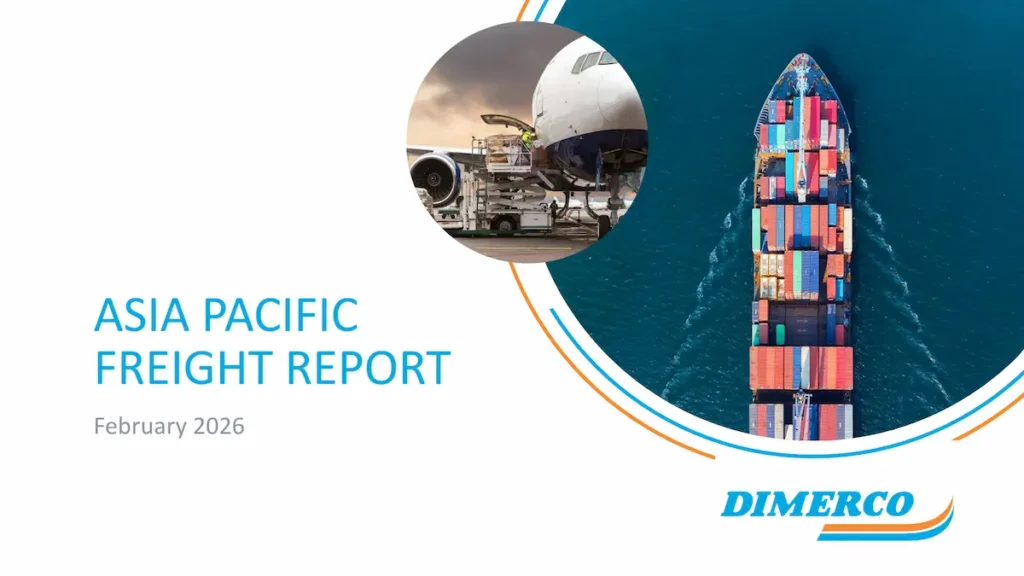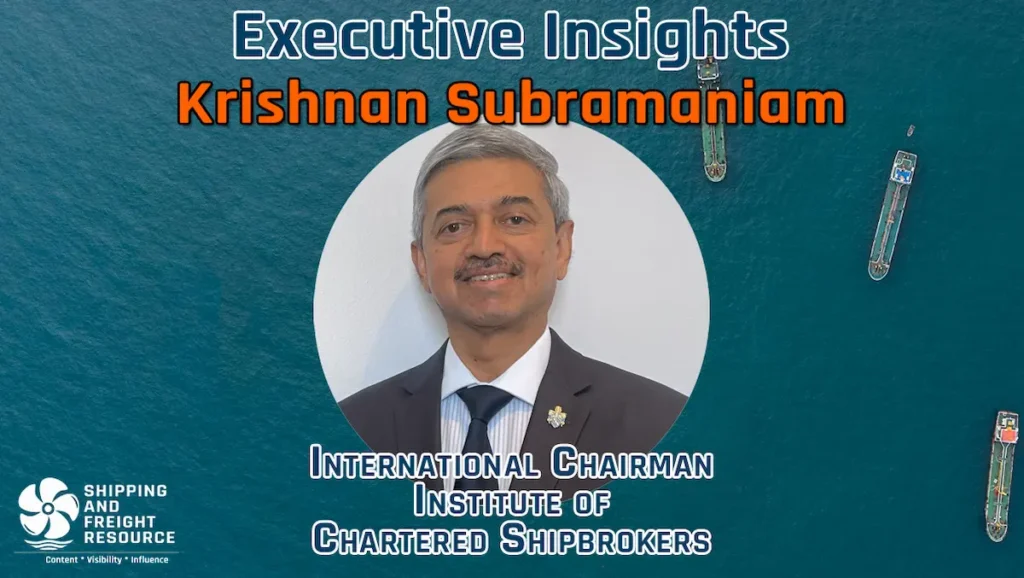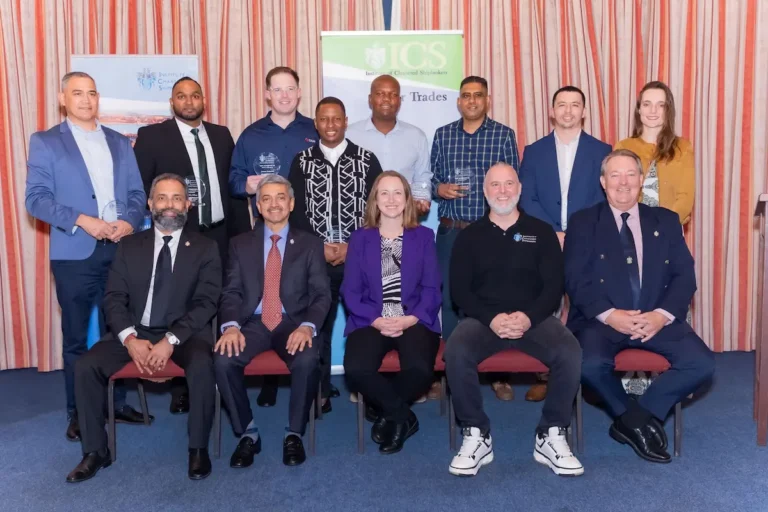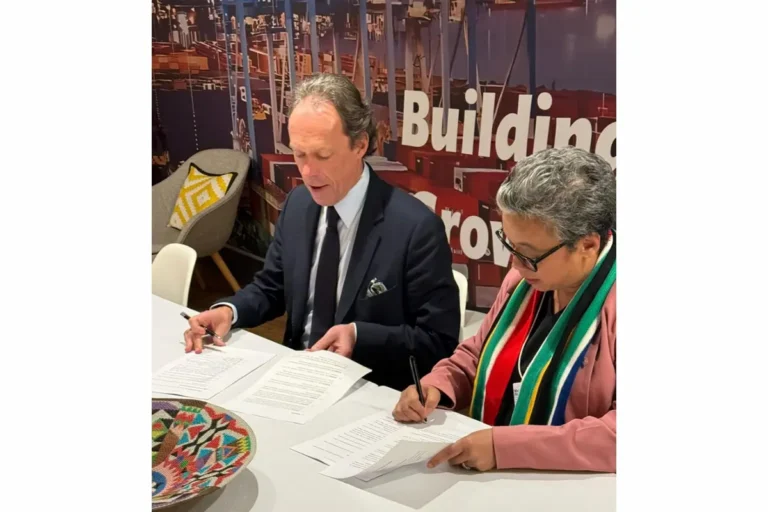In this edition of Executive Insights, I sat down with Aman Singh, Co-founder and Head of Analytics at Intangles, a rising technology company harnessing predictive analytics to improve fleet efficiency and sustainability..
From fuel management and diagnostics in commercial road fleets to supporting emission control and exploring maritime applications, Intangles is quickly making its mark..
Aman shares the company’s journey, its technological edge, and how it’s helping fleet operators get smarter—before something breaks down..
SFR: Welcome Aman, how did Intangles come to be..??
Aman: Intangles was founded in 2016 by four of us—Anup Kelkar (CEO), Neil Nautiyal (CTO), Jri Partel, who leads our hardware and firmware stack, and myself. Interestingly, the original R&D was based on my undergraduate thesis, sponsored by Anup’s previous company and supported by Neil, my college alumnus.
We started by collecting data from passenger vehicles and running remote diagnostics. But by 2017, we realised commercial vehicles had a much greater need. There were far more failures to be diagnosed and prevented. So we pivoted to that space and grew rapidly—especially in India.
Our first major OEM win came with Mahindra & Mahindra in 2019. Since then, we’ve scaled to 300,000+ vehicles across multiple geographies, including a growing footprint in North America.
SFR: You are working with both road fleets and oil & gas clients.. What challenges are you helping them solve..??
Aman: For road fleets, our primary focus is on:
- Predictive diagnostics—alerting operators before drivability issues or dashboard warnings even show up.
- Fuel management—identifying inefficiencies, shrinkage, or misuse.
In the oil and gas space, the goal is reliability for diesel-powered equipment. We’ve trained our AI to run diagnostics on compressors, turbochargers, cooling systems, basically anything with a combustion engine. Whether it’s a road truck or a drilling site, we help detect problems before they escalate.
SFR: Speaking of fuel, how does Intangles help reduce fuel waste for fleet operators..??
Aman: There are three key areas we focus on:
- Sub-optimal engine health
For example, a slightly compromised turbocharger can reduce fuel efficiency by up to 15%. Most drivers don’t notice and simply apply more throttle. Our models detect these inefficiencies early, so fleets avoid losing mileage over thousands of kilometres. - Wasteful idling
In cities like those served by transit agencies in California, we’ve seen idle times of up to 40%. Our ML models track this and help reduce fuel wasted during long idle periods—even in good weather. - Fuel shrinkage and pilferage
Large fleets often face issues where billed fuel doesn’t match what enters the tank—what we call “underfilling.” Whether it’s misuse or mismanagement, our platform detects anomalies so operators can act quickly.
Across our pilots, we’ve helped improve fuel efficiency by 8–10%.
SFR: You must be dealing with huge volumes of data.. How do you turn that into usable intelligence for fleet managers..??
Aman: We process billions of data points daily, and have worked through more than 70 terabytes of data so far. But we’re not just collecting data to visualise it—we’re interpreting it for action.
We use our own proprietary hardware, combined with cloud architecture (currently on AWS), and an entirely homegrown AI layer trained on the intuition of seasoned mechanics and fleet operators.
The result? Actionable alerts and recommendations for:
- Part failures
- Transmission inefficiencies
- Driver behaviour
- Fleet-wide rankings
Fleet managers get precise insights, not just dashboards of raw data.
SFR: Many fleets are still running diesel, but electrification is advancing.. Can your platform support the transition to greener fleets..??
Aman: Absolutely, and we approach this in two ways.
First, for internal combustion engines, we ensure all the vehicle’s after-treatment systems (like DPFs and SCRs) are operating at their best. If anything in the emission system fails or becomes inefficient, we generate alerts to prevent power reduction or breakdown.
Second, we also support alternate fuels like CNG and LNG, offering diagnostics for common issues.
And for electric vehicles, we tackle challenges like:
- Range anxiety—by calculating precise available range
- Charging logistics—by suggesting suitable nearby stations
- Energy efficiency benchmarking—for informed EV route planning
So yes, whether you’re sticking with diesel for now or going electric, we’re helping fleets reduce their environmental impact.
SFR: How do you help fleets manage exhaust after-treatment systems like DPFs and SCRs..??
Aman: We’ve built specific algorithms to track and predict failures in:
- Diesel Particulate Filters (DPFs)
- Selective Catalytic Reduction (SCR) systems
These systems can clog or malfunction, causing unplanned power limitation or full breakdown. Our platform provides:
- Early warnings for DPF clogging
- Monitoring of fuel used during filter regeneration
- Insights into SCR efficiency
This helps keep pollutants like NOx and unburnt hydrocarbons well within regulatory thresholds—something many fleets struggle with.
SFR: Beyond road and oil & gas, are you also exploring maritime or warehousing sectors..??
Aman: Yes. In maritime, we’ve deployed our devices on auxiliary diesel engines—those used for pumps and generators onboard vessels, not the main propulsion engines.
We’ve also supported inland waterway vessels in India and ferries in North America. The only challenge is connectivity, which we solve via onboard Wi-Fi or by piggybacking off satellite systems.
In warehousing and logistics yards, we’re helping clients track:
- Equipment run-time
- Location and operational hours
- Asset movement via integrated GPS
So, our tech is adaptable—we just need to manage the connectivity and contextual use case.
SFR: Finally, what is your vision for Intangles moving forward..??
Aman: Our mission is simple, use predictive AI to enable better, faster, cleaner decisions across fleets and engines.
We’re here to reduce unplanned downtime, optimise fuel spend, minimise environmental impact, and help the industry evolve—whether that’s on highways, in cities, on water, or in warehouses.
“We’re not just building a platform; we’re helping reshape how fleets operate in the modern world.”

